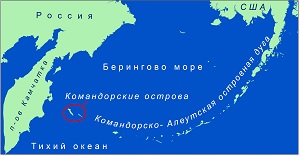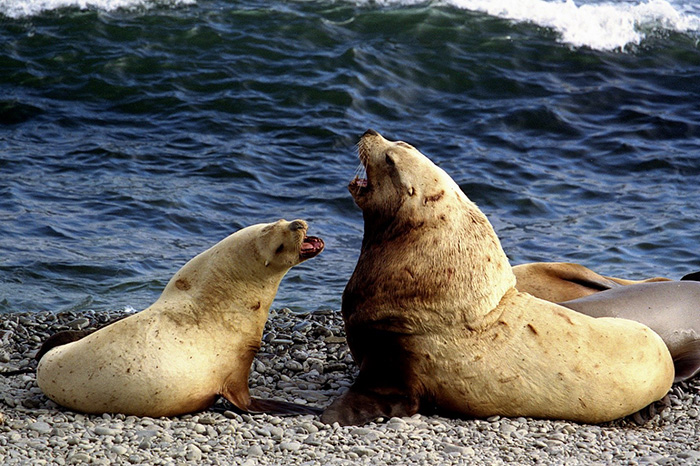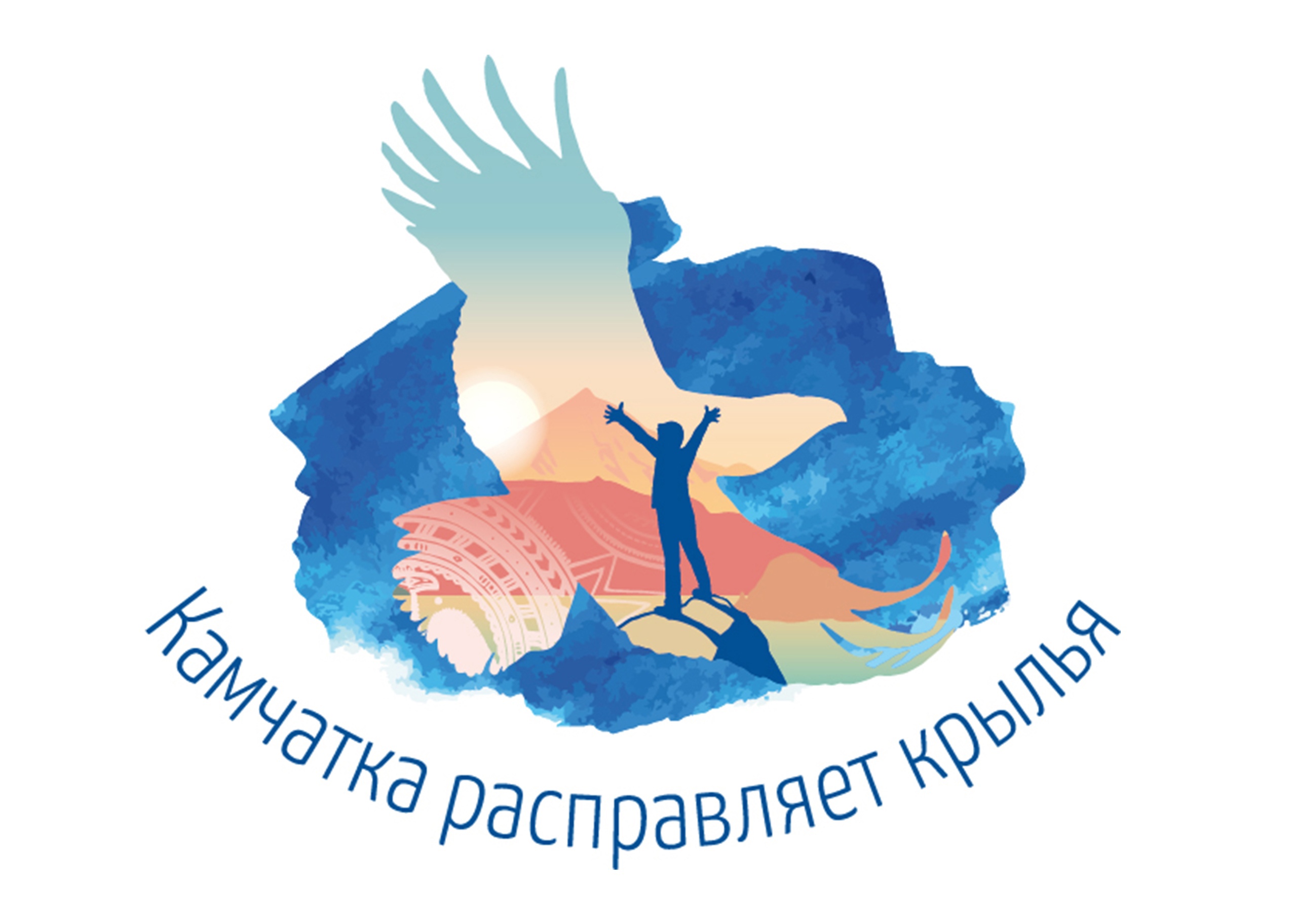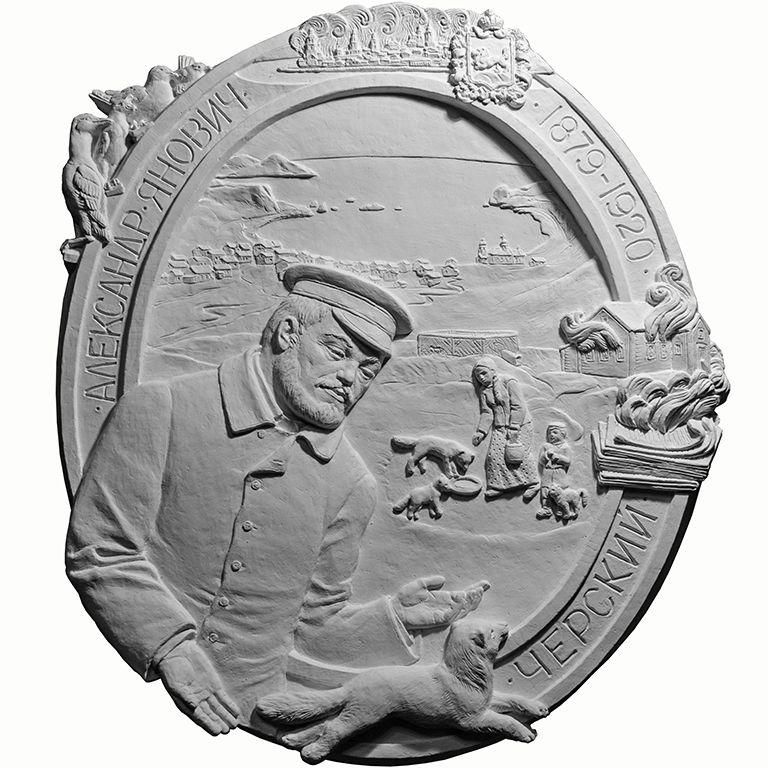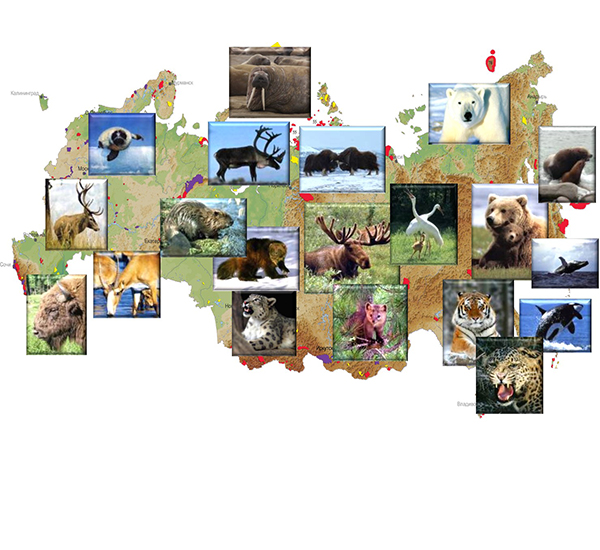This year Alexander Chersky would have celebrated 140th anniversary and 100 years of his work – The Commander Islands Arctic Fox. To mark this occasion we publish an article prepared by Natalia Tatarenkova, Head of Historical and Cultural Heritage Protection Department. She writes about his exciting life and his large contribution in development of science on the Commander Islands.
On June 25/ July 7, 1879 the family of Ivan Dementievich (Yan Dominikovich) Chersky became bigger. The member of East Siberian Branch of Russian Geographical Society became a father. His son was born in a cart on a side of a forest road. That day Irkutsk was in fire.
Together with other victims of the fire, Mavra Pavlovna was heading to Alexander factory. The devastating fire destroyed half of the city and divided its history in two parts – before and after. It destroyed Chersky’s home as well, together with all their property and the most precious objects – collections and manuscripts.
According to one of the versions, this event determined the choice of name for their son. He was named Alexander, which means protector. Other version says that he was named after a famous researcher of Siberia Alexander Chekanovsky. “Chekanovsky shared his love for nature with me, his hunger for knowledge and the goal of my future life,” said the famous geographer.
Historic motherland of the Chersky family was in Vitebsk region. The ancient dynasty was rich and famous. Yan was brought up in refined and aristocratic atmosphere. He spoke foreign languages, drew well, played the piano, wielded the sword and was a fair rider.
When the uprising happened in 1863, the talented 18-years-old boy was a pre-graduate in Vilensk Institute. After a month of guerilla activity in a militia unit of Kalinovsky he was taken captive, striped of his noble status and was sent to perpetual service in Siberia.
In 1869 Chersky received the status of an exiled resident and in 1871 he was granted permission to move from Omsk to Irkuts. There he became an active researcher. He was interested in geology, paleontology, archeology and other sciences. He lived in simple conditions. In 1877 he married daughter of the flat owner. His wife became his true friend and helper.
Alexander spent his first years in Irkutsk. In summer 1885 the long expected pardon was issued and the family moved to Saint Petersburg. There they spent the happiest six years. And in summer 1891 the Chersky family started a new journey. Yan Dominikovich had a new project – to search for mammoth’s fossil remains near Yana, Indigirka and Kolyma rivers.
Alexander left the 9th Vasily Ostrov School and joined his parents. The premature polar winter of that year forced the travellers to stop in Verhnekolymsk. The fragile health of the researcher gave way. He seemed to sense his future death. He started to hand over his research to his wife. He died in the journey, but Mavra Pavlovna did not stop his work and managed to finish the expedition properly. Yan Chersky died on June 25, 1892 and was buried near one of Kolyma tributary streams. The son shared all the hardships of expedition life.
After his return to Saint Petersburg, Alexander finished school with honors and later graduated from University in 1904. During his vacation he travelled to Belorussia, where his mother had bought a small estate, and to Paruza village, where Iosiph Duglas lived, husband of his aunt Mikhalina. There Alexander met his future wife Maria Nikolaevna. As his famous father, Alexander decided to give his life to the research of the far-eastern extremities.
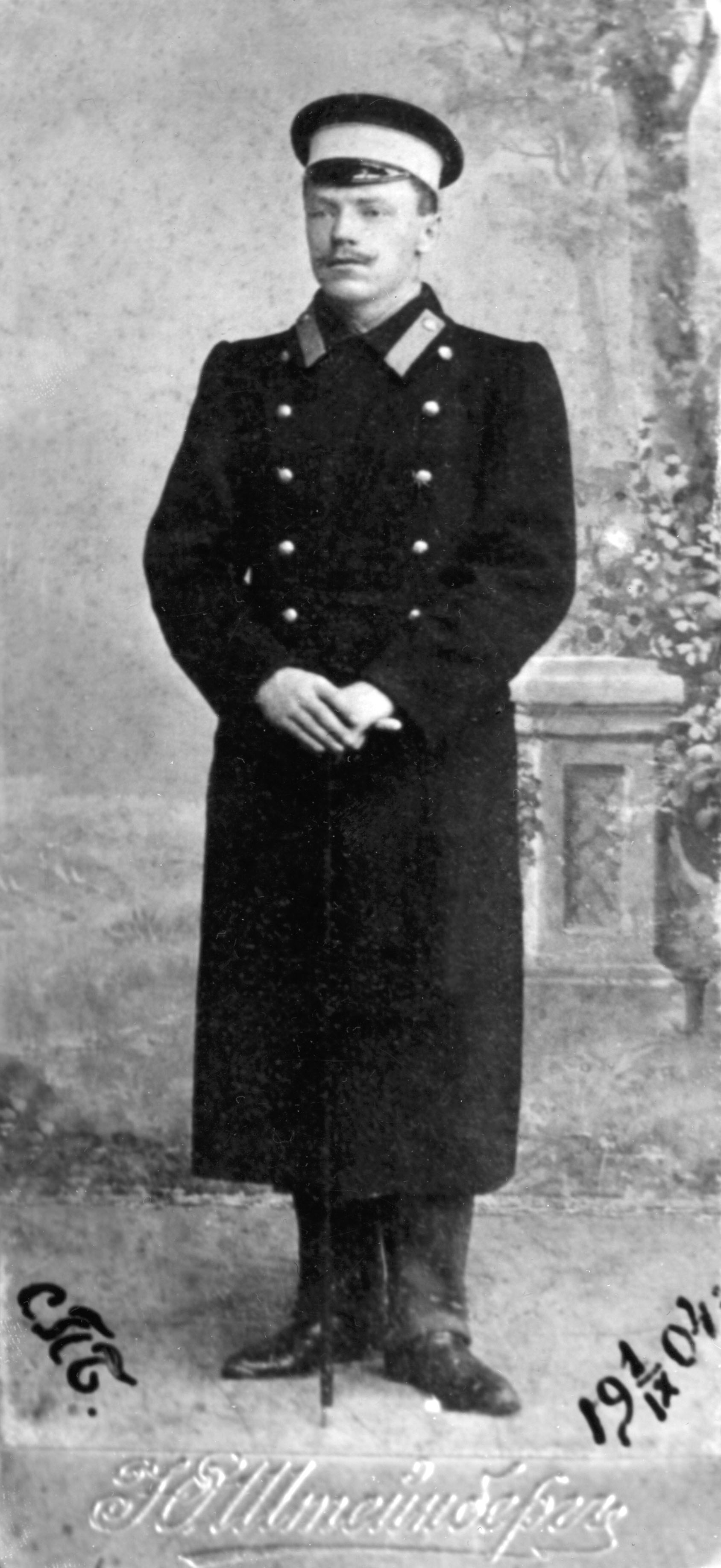
Young Alexander Chersky, 1904. Photo from collection of Alexander Rzhavsky, hydrobiologist and distant relative of the scientist
In 1908 he became a Conservationist in Amur Region Research Society Museum in Vladivostok, where he spent seven years of his life and conducted a research of fauna of South-Ussuriysk region. In 1915 Chersky left for the Commander Islands. He became the Senior Inspector of Fish and Fur Production.
When he came on Madny on July of 2019, Alexander decided to stay in the former County Head Assistant’s house. He was well respected by the locals and in 1917 he was elected Assistant of Temporary Government Commissar. But as Chersky’s activity did not spread beyond Medny Island, Inokenty Gromov was still thought to be Commissar, as he lived on Bering Island.
In September 1918, Alexander Ivanovich left for Petropavlovsk and later for Primorie. In Vladivostok he became Inspector in Fish and Marine Mammals Hunting Department. There he finished his main scientific work – The Commander Islands Arctic Fox.
In summer 1919, he planned to go to Japan on a business trip, but the organizers were forced to postpone the trip because of economic situation on the Commander Islands. Chersky volunteered to accompany a revision inspector from the Department S.N. Nichkevich, as Chersky was the most competent specialist with full information on the subject. Alexander Ivanovich did not plan to stay there for long, but Nichkevich persuaded him to manage hunting activity on the islands. “Because of extraordinary circumstances <…> I ask you to become the Chief Manager of the Department on the islands starting from August the 5th,” wrote the inspector as he didn’t see any other option.
From May 1920 Chersky was officially employed by Kamchatka executive committee and was a clerk in Council for Far East Fish and Marine Mammals Hunting , which had been formed after the end of Kolchak government. He continued to live on Medny. According to memories of Ekaterina Storchak, Alexander had zoological and botanical collections and transformed his apartment into a real laboratory.
The life of the scientist ended tragically. We still do not know the exact place and time of death. One data say that it happened on October 9, 1920. Other data state another date in 1921. The official version is suicide, but we cannot exclude that the death was a result of one hasty action of one of the islanders – an accident.
Alexander Ivanovich is remembered as a high class professional, initiator of insular animal breeding and simply a sympathetic and very decent man. A number of Far Eastern animals and plants were named after him, as well as the cape on the East coast of Russky Island.
Natalia Tatarenkova, Head of Historical and Cultural Heritage Protection Department of the Commander Islands Nature and Biosphere Reserve





